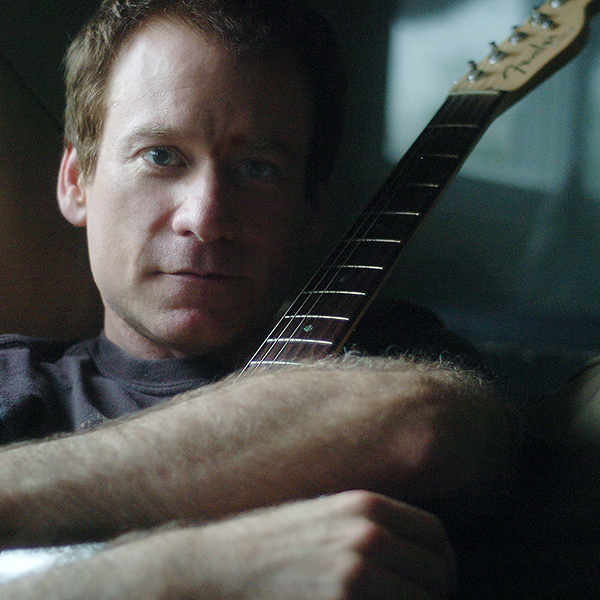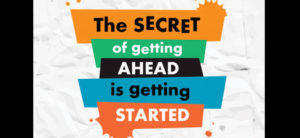by Clay Mills
Dec 8, 2022

After receiving different song critiques of the same song from two different people, I often hear an aspiring writer complain that the critiques contradict each other. For example: the first person critiquing the song likes the second verse, but not the first; the second person, however, likes the first verse, but not the second. Usually, the aspiring writer’s next statement is something to the effect that it’s just somebody’s opinion, and the song is just fine as it is. This is overlooking the real value of this of song critiques by misunderstanding the feedback, and perhaps, the source it’s coming from.
After doing thousands of critiques of my own songs, and of songs from mentoring students in my classes, I have a much different reaction to this type of critique.
Here’s how to weed through seasoned feedback and uncover the real value of a song critique:
Know when a song requires some tinkering.
If several people have heard your song, and all have focused on one thing or another that is bothering them, then something is probably wrong with the song. Time to tinker.
Who is doing the critique or offering feedback?
If it’s a great writer you respect, then TRUST a nuts-and-bolts critique of “here’s what I’d work on.” If it’s a PRODUCER, chances are he may not be able to pin-point exactly what isn’t right, because he’s not a full-time songwriter. However, he knows something is off. It’s not his job to fix the song, it’s yours. His job is to hear a completed great song, and then cut a great record on it. PUBLISHERS often can be good at identifying specific problems in a song, but, as with producers, it’s not their full-time gig. Some are good song doctors, and some aren’t. So, here again, a publisher knows the song isn’t “there” yet, but is offering a place to start investigating.

There’s no one way to fix a song problem.
Take the first example of one critique focusing on Verse 1, and another critique flagging Verse 2. The first critiquer may look at the song and fix the problem in the first verse, while the other critiquer has a solution for adjusting the second verse. Neither way is the only right way, but the end result is, the song improves.
My biggest take-away from a song critique.
I never look at a critique as something that will make my song great. I approach ALL critiques from the standpoint of helping me become a better writer. A critique offers me an invaluable opportunity to see what pros look for in songs. What questions are the pros asking? What is important to them? This will be different from pro to pro. I want to learn how others perceive my work. Maybe they are asking questions I haven’t thought of before. That’s INVALUABLE to me as a writer.
As a full-time everyday writer, I can tell you that I never stopped getting feedback on my songs once I started getting cuts or having hits on the radio. In fact, I welcome feedback from trusted co-writers, publishers, and producers. It helps me grow as a writer. Here’s the important thing though. I would NEVER consider feedback from someone whose credentials I don’t know. I might as well walk up to a stranger on the street and ask them what’s wrong with my second verse, and then hand them a crisp bill from my wallet!
Write On! ~Clay
share
Write Better Songs Faster
Songwriting Success is Clay & Marty's 10-day video series that will help you level-up your songs and finish them faster. Enter your email address to get started!



